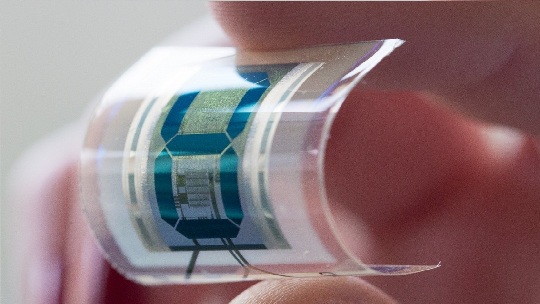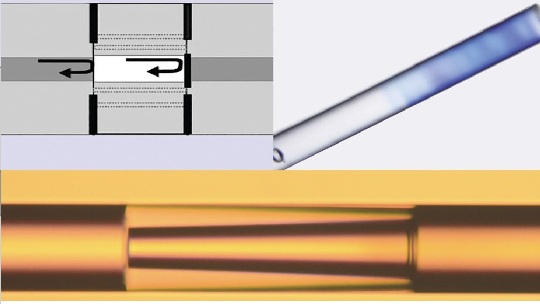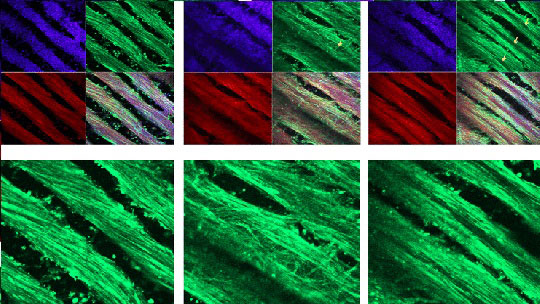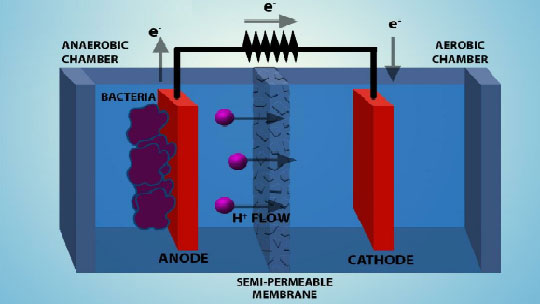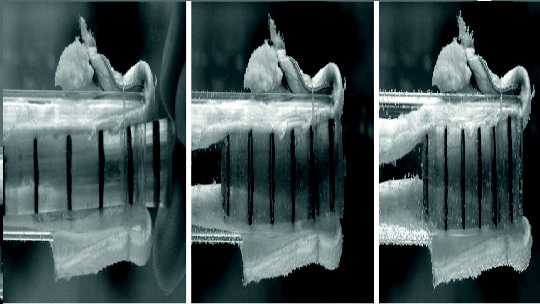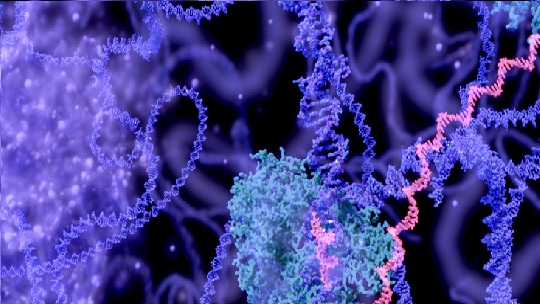Purification and formulation of various compounds and materials is required to produce products in the pharmaceutical, chemical, agricultural, food, cosmetic, etc. industries. Thus, it is very important to gain knowledge about the effects and applications of different raw materials and also processes required for optimal production and commercialization. Formulation consists of two essential components: formulaology and methodology. Formulaology involves comprehensive knowledge of synthetic methods and their results on the process and the final product. For example, the formulation of a chemical compound would determine the tools, devices, materials, and budget required.

After the production method (formula) of the desired product is selected, the raw materials with maximum effects and reasonable price should be sought. Attempts are made to achieve the lowest risk and highest return in production. Raw materials must guarantee the quality of the final product. You can’t not a high quality product to be made from low quality materials and vice versa, you should not produce a second quality product using high quality materials. Modern methods and processes can be used to improve the properties of formulated materials such as increased solubility, agglomeration, microencapsulation, increased stability of concentrated solutions, slow release of materials, etc. which have significant effects on improving the quality of these compounds.
The formulation of various compounds is considered as a complex process with interdisciplinary properties including physical chemistry, surface chemistry, process engineering and analysis in which empiricism is widely replaced by modern scientific methods. Some of the most important techniques for solving problems and creating better and newer formulations are the use of data mining methods, analysis of molecular theories and surface chemistry to understand the relationship between formulation components along with structured innovations and experimental experiments. Formulation development is considered as a key factor in product development that can lead to patents, the useful life cycle, and finally the success of a product.








